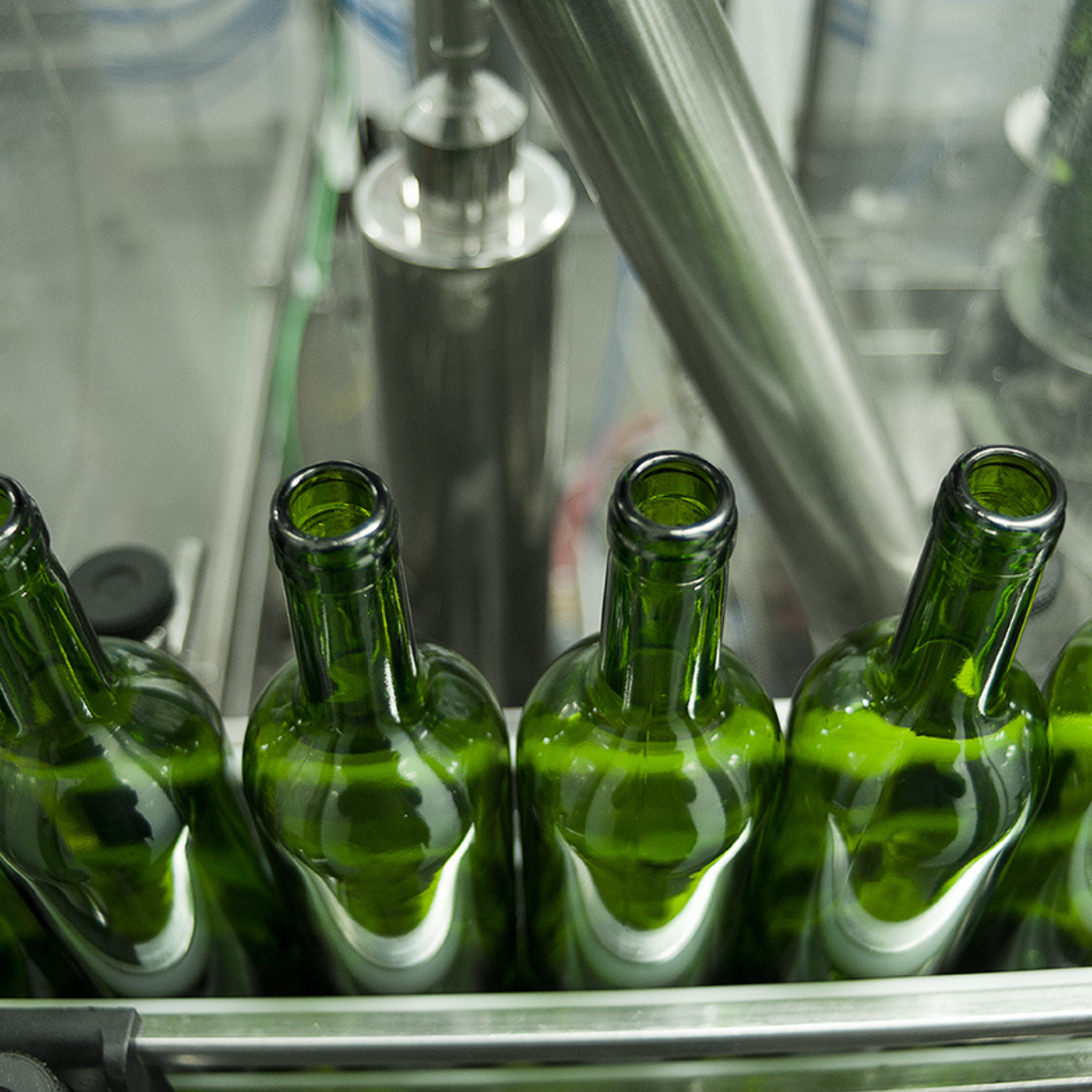Reduce our ecological footprint

Climate action beyond carbon neutrality
The Vignoble de l'Orpailleur works with the Quebec company NatureLab. world to offset and reduce its carbon footprint.
NatureLab allows the planting and long-term maintenance of 4 trees per compensated ton. In the long term, each compensation carried out with NatureLab also makes it possible to sequester up to one additional ton, in addition to the many benefits on the ecosystems, here, in Quebec!
We are thus contributing to making a real positive impact, beyond carbon neutrality.
Our agricultural soils contribute
It is the process of photosynthesis that best captures the CO2 contained in the air to fix it in the soil. All agricultural soils can therefore contribute to storing carbon in the soil to offset CO2 emissions: viticulture too!
We have 260,000 vine plants at Orpailleur and xx% of our surface area with grass between the rows of vines which allows us to store an additional quantity of carbon in the soil per hectare!
Link to do with number of plants or density of the Vineyard? NatureLab World? Dr Charles Vincent?
Initiatives that help store carbon in our soils

Promote the local economy
It is essential and it is part of the DNA of the Vineyard! Today, thanks to the Brome-Mississquoi wine route, of which the Orpailleur is the instigator, thousands of tourists travel to our immediate region and create significant economic benefits.
The retention of young people and local entrepreneurs is an immediate consequence. Through our partnerships, we strive to promote local products. Example, the autumn market in the vineyard, which has existed since 1988, in which around ten producers from the region take part.
Sourcing locally
The philosophy of the Vineyard has always been to want to work with the most local suppliers possible (municipal, regional, provincial and national), for example:
- Since 2018, our bottles are 90% Canadian,
- the aluminum used for our screw caps is not only from Quebec, but they are also produced in Quebec (Saint-Césaire),
- ..........
Talk about your brand
Wine packaging represents the largest part of its carbon footprint, mainly because of the glass bottle, even if it is recycled. The Vineyard puts several elements in place in order to xxxx

Lightweight glass bottles
We reduce the environmental footprint of our wines at source by using lightweight glass bottles. Benefits:
- Use less raw material. Sand is a non-renewable resource.
- Reduce the quantity of residual materials to be managed.
- Reduce greenhouse gases (GHG) emitted to extract sand, transform it and transport bottles that are lighter.
- Reduce transportation costs, as they are based on weight.
Reduction of overcaps
Pair text with an image to focus on your chosen product, collection, or blog post. Add details on availability, style, or even provide a review.
100% Quebec screw caps
Pair text with an image to focus on your chosen product, collection, or blog post. Add details on availability, style, or even provide a review.
Elimination of single-use plastic
Prioritize post-consumer fibers
Did you know that to mark our 40th anniversary we have dedicated a book to it? Our book is printed in Quebec on Enviro paper, made of 100% post-consumer fibers.
Talk about your brand
Share information about your brand with your customers. Describe a product, make announcements, or welcome customers to your store.
CH trees
Pair text with an image to focus on your chosen product, collection, or blog post. Add details on availability, style, or even provide a review.




